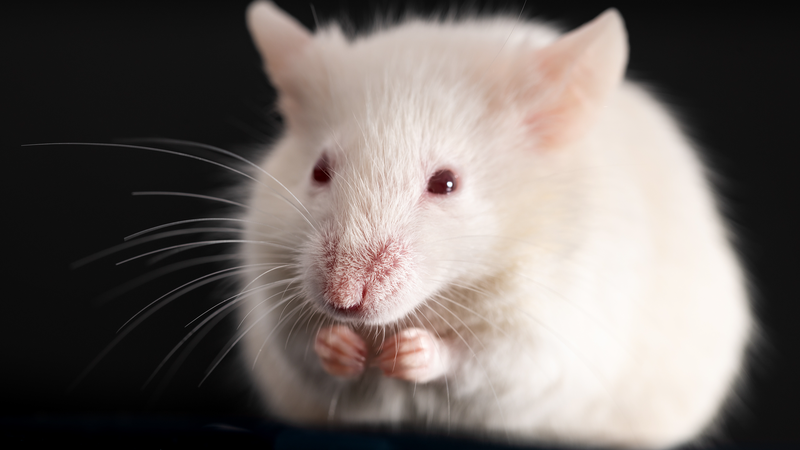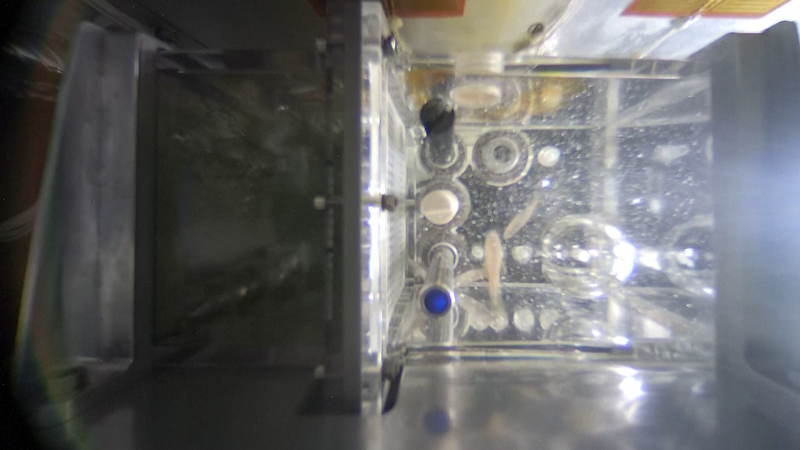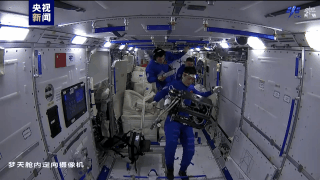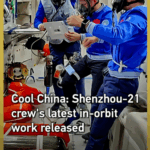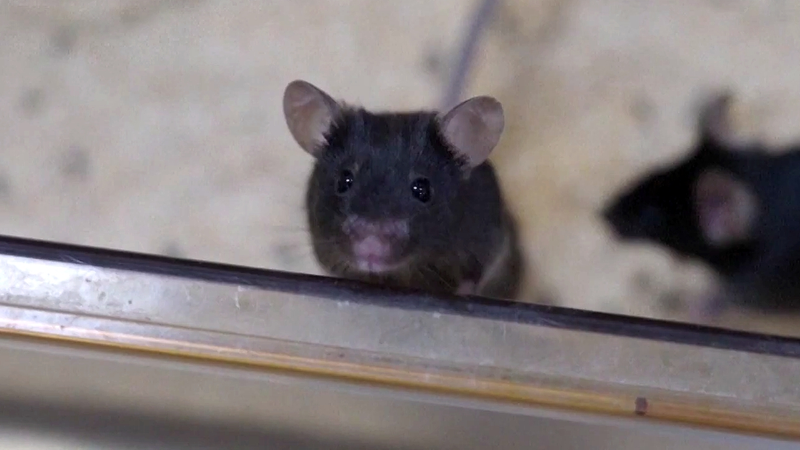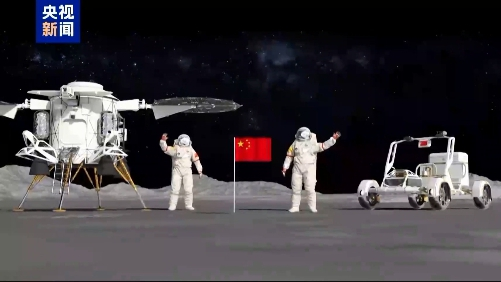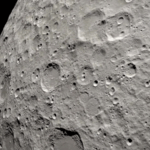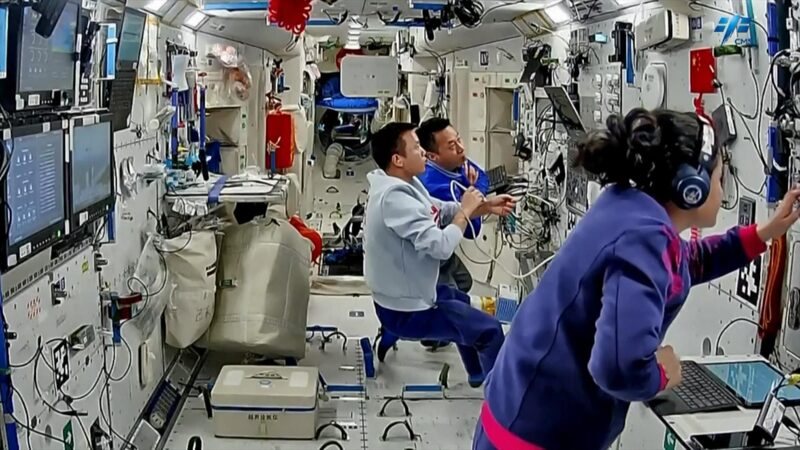China’s Shenzhou-21 mission is taking science to new heights—literally! 🪐 The crew will conduct groundbreaking experiments with four mice aboard the country’s space station, aiming to study how life adapts to zero gravity. Talk about a cosmic adventure! 🌌
The furry astronauts—two males and two females—will hitch a ride on the Shenzhou-21 spacecraft, where they’ll live in orbit for the duration of the mission. 🐁🚀 Zhang Jingbo, spokesperson for the China Manned Space Agency (CMSA), called this a 'critical step' in understanding long-term space survival, which could pave the way for future human deep-space exploration.
Why mice? These tiny trailblazers share over 90% of their genes with humans, making them ideal for studying biological changes in space. Think bone density loss, muscle atrophy, and even cosmic radiation effects! 🔬 Scientists hope the data will help design countermeasures for astronauts on extended missions, like trips to Mars.
This isn’t China’s first rodeo in space biology—earlier missions tested rice cultivation and zebrafish breeding in orbit. But sending mammals? That’s next-level. 👩🔬 Stay tuned as we follow these mice’s star-studded journey and what it means for humanity’s interplanetary dreams!
Reference(s):
cgtn.com
